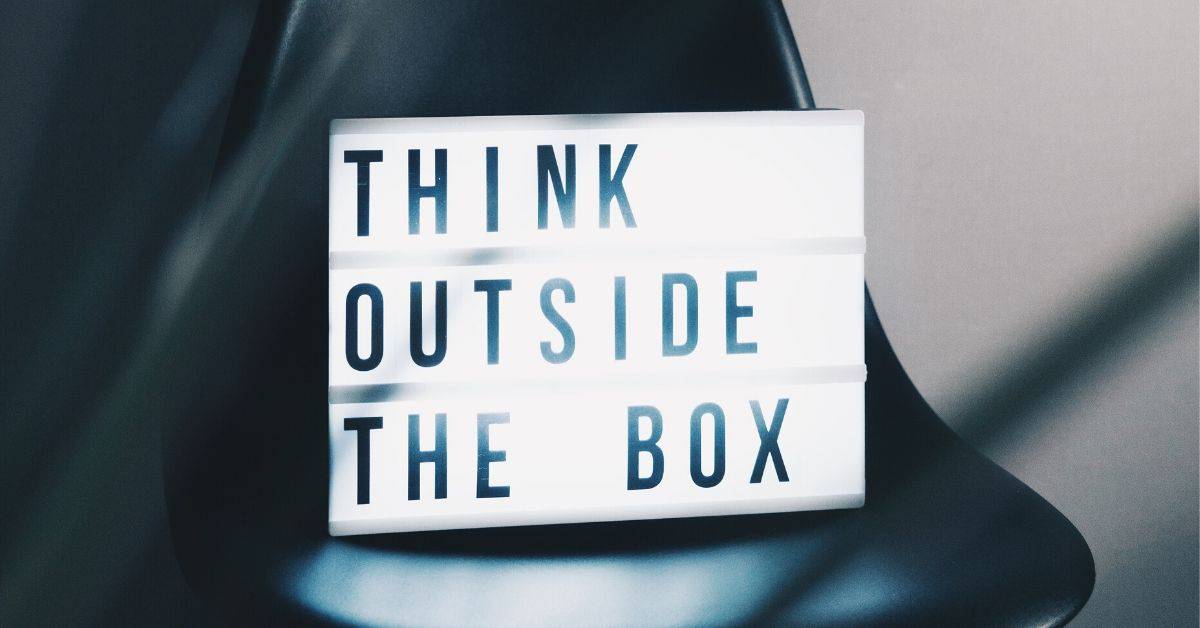By: Michael McQueen
While a crisis provides a unique opportunity to recalibrate and rediscover the unchanging DNA that makes up your business, it is also worth examining the possibilities and perils of significantly changing your business in the face of crisis and straying too far from your brand identity.
While such pivots can open up opportunities for maintaining momentum and tapping into a pressing market need, business leaders must tread carefully.
Businesses responding to need
Responding to the sudden demand for medical equipment, sanitisers and face masks, recent weeks have seen several prominent businesses adapting their production to respond to the need. There are few times in life where we will see French luxury brands and American breweries align in both purpose and production, but if Coronavirus has taught us anything it is that crisis disrupts all expectation. The French luxury brand LVMH, and multiple American beverage businesses are using their production equipment to produce sanitisers instead of drinks.[1]
As well as this, to respond to the need for medical equipment, Ford is using its production capacities to produce ventilators. The clothing company Hanes is manufacturing face masks instead of clothes and many hotels around the world are being repurposed as hospitals.
We have also seen many of the big phone services allow extra gigabytes to customers to cater to the spike in demand for internet with entire communities suddenly working from home or streaming content online to pass the time. Even McDonalds have taken to selling household staples like bread and milk.
Be careful not to stray too far from brand identity
While adapting to crisis and need is a great way to stay relevant as a business and serve a genuine need, adapting too drastically or responding too opportunistically does run some risks. In some cases it could seem inauthentic and insensitive, using serious crises as capital-generating business opportunities. In other cases it could simply dilute your brand – is a brand that changes with every circumstance really a brand? Further still, once this crisis passes, and it will, what will you be known for?
To put it simply, don’t become a ‘Crisis Chameleon’. By that I mean that completely changing who you are and what you do overnight can do enormous longer term damage to your brand identity.
The annals of business history are full of examples of businesses that strayed too far beyond their business scope and damaged their brand identity in the process. One of my all-time favourites is Colgate’s attempt at dabbling in the microwave meal market. Years ago, the toothpaste manufacturer embarked on what author Matt Haig called “one of the most bizarre brand extensions ever.” With packets featuring colourful images of vegetable-laden stir-fries, Colgate’s microwave meal range was designed to compete with established brands such as Healthy Choice and Lean Cuisine. As you could imagine, the new range didn’t fly off the shelves. “For most people the name Colgate does not exactly get their tastebuds tingling,” Haig wrote.[2]
While innovation and adaptation is always to be encouraged, it is not worth pivoting so far that you fall off the foundation of your brand identity. Balance is crucial.
Maintaining balance
When it comes to crisis, businesses and brands must be able to walk the fine line of being adaptable and responsive to situations that call for change while also maintaining consistency and integrity in their message and character.
It comes back to the DNA I have discussed in a different blog post, which is determined by two key things: defining values and driving purpose. The trick is to adapt the behaviour of the business while maintaining consistency in these core areas.
For example, some common defining values that businesses and brands claim as being part of their corporate DNA are unity, compassion, perseverance, generosity and creativity. If a company that prioritised compassion as a core defining value needed to adapt in a crisis in order to stay afloat, it simply needs to ask itself: What does compassion look like in a crisis?
It is more than possible for a business to maintain values like compassion, perseverance and creativity in a crisis. If anything, the crisis offers the opportunity to prove that these polished, branded slogans are not just a pretty face and that they will remain reliable even when circumstances test them. The only thing that needs to be adapted is the way they manifest in the company’s behaviour.
The same goes for driving purpose. Disney states that its driving purpose or its mission statement is simply, “To make people happy”. For Disney to adapt to a crisis without compromising its integrity, it simply needs to adapt its regular methods of making people happy to those more suitable to its circumstances.
For businesses and brands in crisis mode, beware of becoming a Crisis Chameleon. Crisis, or any other kind of unprecedented disruption or innovation, calls for equal parts of consistency and flexibility – the business must be able to maintain its brand while altering its behaviour according to the circumstance. Using the DNA of the company as the compass to guide it through crisis is the key to walking the fine line of adaptability and integrity.
Article supplied with thanks to Michael McQueen.
About the Author: Michael is a trends forecaster, business strategist and award-winning conference speaker.

